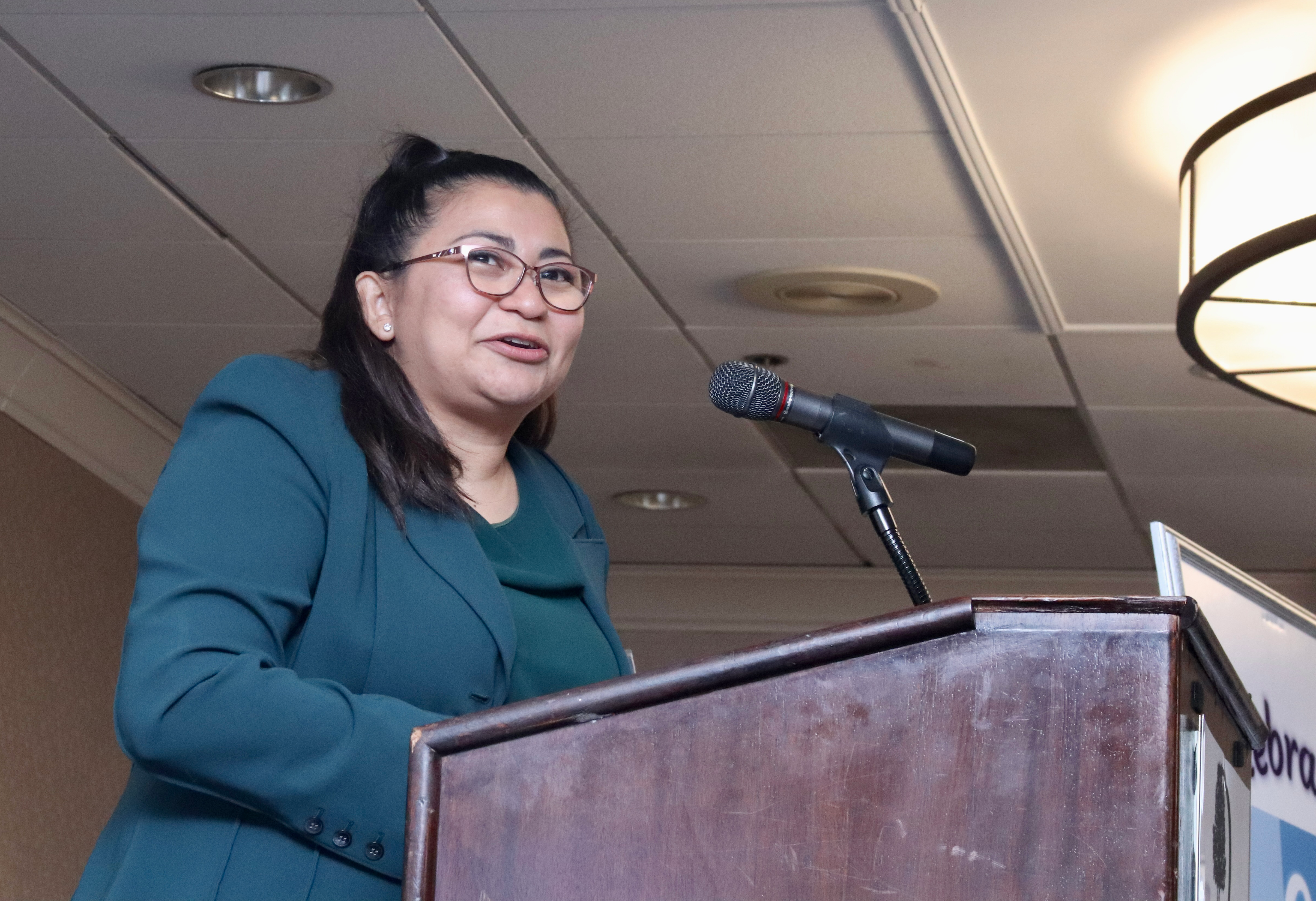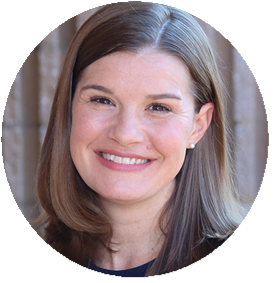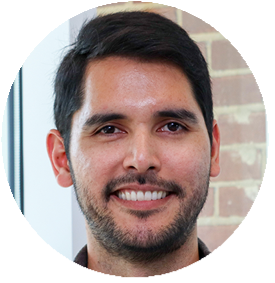Empowering Neighborhood Ambassadors Through English Language Teaching

by Lisa Vaughn and Xavier Muñoz
The English Empowerment Center has partnered with Fairfax County’s Opportunity Neighborhoods program to build essential language and digital literacy skills for their Neighborhood Ambassadors. Ambassadors are residents who act as a bridge between the vulnerable communities in which they live and local government and nonprofit organizations in the region. Ambassadors share information, identify needs, raise awareness of available services, and advocate for their neighbors and community.

In this article, we share about the group of 10 neighborhood ambassadors who completed the English Empowerment Center’s English for Community Engagement course in 2022.
“Today I feel like I am a part of this country because I can give something back.” – English for Community Engagement participant
Opportunity Neighborhood leaders approached the English Empowerment Center knowing that, with English language instruction, these ambassadors could better express concerns and advocate for their communities. Opportunity Neighborhoods leadership recognizes the importance of building ambassadors’ skills to fully represent community voices. As one ambassador stated, “I really want to have the same conversation I have with English speakers as I do with Spanish neighbors because they are human just like me.” Watch the full speech this ambassador gave at an English Empowerment Center event.

In the first cohort of English for Community Engagement, the ambassadors were all native Spanish speakers, with 8 of the 10 having children of their own. Through 50 hours of instruction spanning 10 weeks on Zoom, intermediate- and beginning-level classes learned strategies to communicate clearly, actively listen, interpret information, and participate confidently in community meetings. The teacher used active learning strategies such as role plays, presentations, and small group work. Learners in the beginning class were offered 22 hours of supplemental tutoring.
 In the culminating project, each learner prepared a presentation on either a community problem and potential solution or how their work as ambassadors has helped residents. Presentations covered topics like COVID-19 vaccinations, installing crosswalks, overcoming language barriers, boosting community involvement, accessing resources, and being a voice for neighbors. Learners practiced their digital literacy skills by sharing slides and photos over Zoom.
In the culminating project, each learner prepared a presentation on either a community problem and potential solution or how their work as ambassadors has helped residents. Presentations covered topics like COVID-19 vaccinations, installing crosswalks, overcoming language barriers, boosting community involvement, accessing resources, and being a voice for neighbors. Learners practiced their digital literacy skills by sharing slides and photos over Zoom.
“This class helped me to empower myself.” – English for Community Engagement participant
With the right resources and support, neighborhood ambassadors are equipped to create change. As one ambassador shared, “The problem in my community is the silence that many times [people] do not express their problems since the language is a barrier.” This English course moves ambassadors and their communities from silence to action.
After the first cohort of classes, our partner shared an example of a class participant taking community action. At a county meeting, an agenda item directly impacting her community was being discussed but no translators were present to facilitate participation from speakers of language other than English. Recognizing this gap, she assertively voiced the concern, leading to the meeting chair promptly postponing the session and committing to have translators present at the rescheduled meeting. Our Opportunity Neighborhood partner credited the practice and training received in our class for the ambassador to feel comfortable insisting on the equitable representation of her community.
“There is always another [adult learner] who is hiding in the shadow. But if you encourage her, if you motivate her, she’s going to shine.” – English for Community Engagement participant
We encourage readers of PROGRESS to seek out or advocate for grassroots initiatives in your own regions or consider how to integrate and contextualize instruction to include community and political participation. In partnership, we can upskill local changemakers to raise up the voices of those marginalized by systemic inequalities.
English for Community Engagement was customized for Fairfax County Opportunity Neighborhoods as part of the English Empowerment Center’s Destination Workforce® program. Through Destination Workforce®; we design, test, and deliver scalable language-based workforce training for business, government, or community partners.
 Lisa Vaughn, B.S.W., M.P.A., is the Community and Donor Relations Manager for the English Empowerment Center, formerly Literacy Council of Northern Virginia (Region 8). This work includes fostering relationships to find resources, develop opportunities, and advance equity for English language learners throughout the region. In various roles across the country, she has spent more than 13 years partnering with schools, nonprofits, businesses, faith communities, and local governments—working together to build strong communities.
Lisa Vaughn, B.S.W., M.P.A., is the Community and Donor Relations Manager for the English Empowerment Center, formerly Literacy Council of Northern Virginia (Region 8). This work includes fostering relationships to find resources, develop opportunities, and advance equity for English language learners throughout the region. In various roles across the country, she has spent more than 13 years partnering with schools, nonprofits, businesses, faith communities, and local governments—working together to build strong communities.
 As the Director of Academic Programs and Student Services at the English Empowerment Center (Region 8), Xavier Muñoz (he/him) oversees adult English language acquisition, family literacy, and workplace literacy classes as well as distance learning, digital literacy, and student advising initiatives. He has more than 10 years of adult ESOL experience as an instructor, tester, teacher educator, and Integrated English Literacy and Civics Education (IELCE) program manager.
As the Director of Academic Programs and Student Services at the English Empowerment Center (Region 8), Xavier Muñoz (he/him) oversees adult English language acquisition, family literacy, and workplace literacy classes as well as distance learning, digital literacy, and student advising initiatives. He has more than 10 years of adult ESOL experience as an instructor, tester, teacher educator, and Integrated English Literacy and Civics Education (IELCE) program manager.